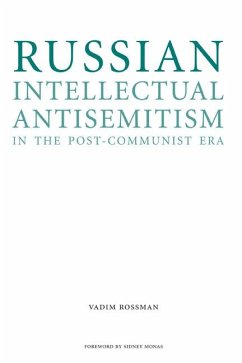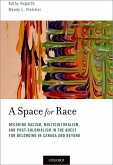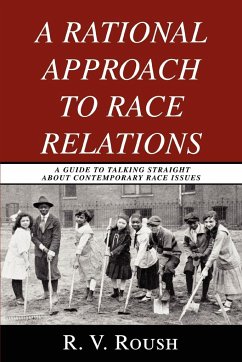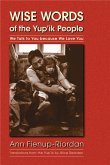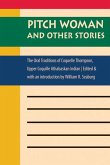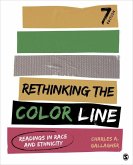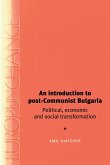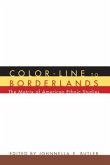Antisemitism has had a long and complex history in Russian intellectual life and has revived in the post-Communist era. In their concept of the identity of the Jewish people, many academics and other thinkers in Russia continue to cast Jews in a negative or ambivalent role. An inherent rivalry exists between "Russia" and "the Jews" because Russians have often viewed themselves-whether through the lens of atheistic communism or that of the most conservative elements of the Orthodox Church-as a chosen people whose destiny is to lead the way to world salvation. In this book, Vadim Rossman presents the foundations and present influence of intellectual antisemitism in Russia. He examines the antisemitic roots of some major trends in Russian intellectual thought that emerged in earlier decades of the twentieth century and are still significant in the post-Communist era: neo-Eurasianism, Eurasian historiography, National Bolshevism, neo-Slavophilism, National Orthodoxy, and various forms of racism. Such extreme right-wing ideology continues to appeal to a certain segment of the Russian population and seems unlikely to disappear soon. Rossman confronts and challenges a range of disturbing, sometimes contradictory, but often quite sophisticated antisemitic ideas posed by Russian sociologists, historians, philosophers, theologians, political analysts, anthropologists, and literary critics.

